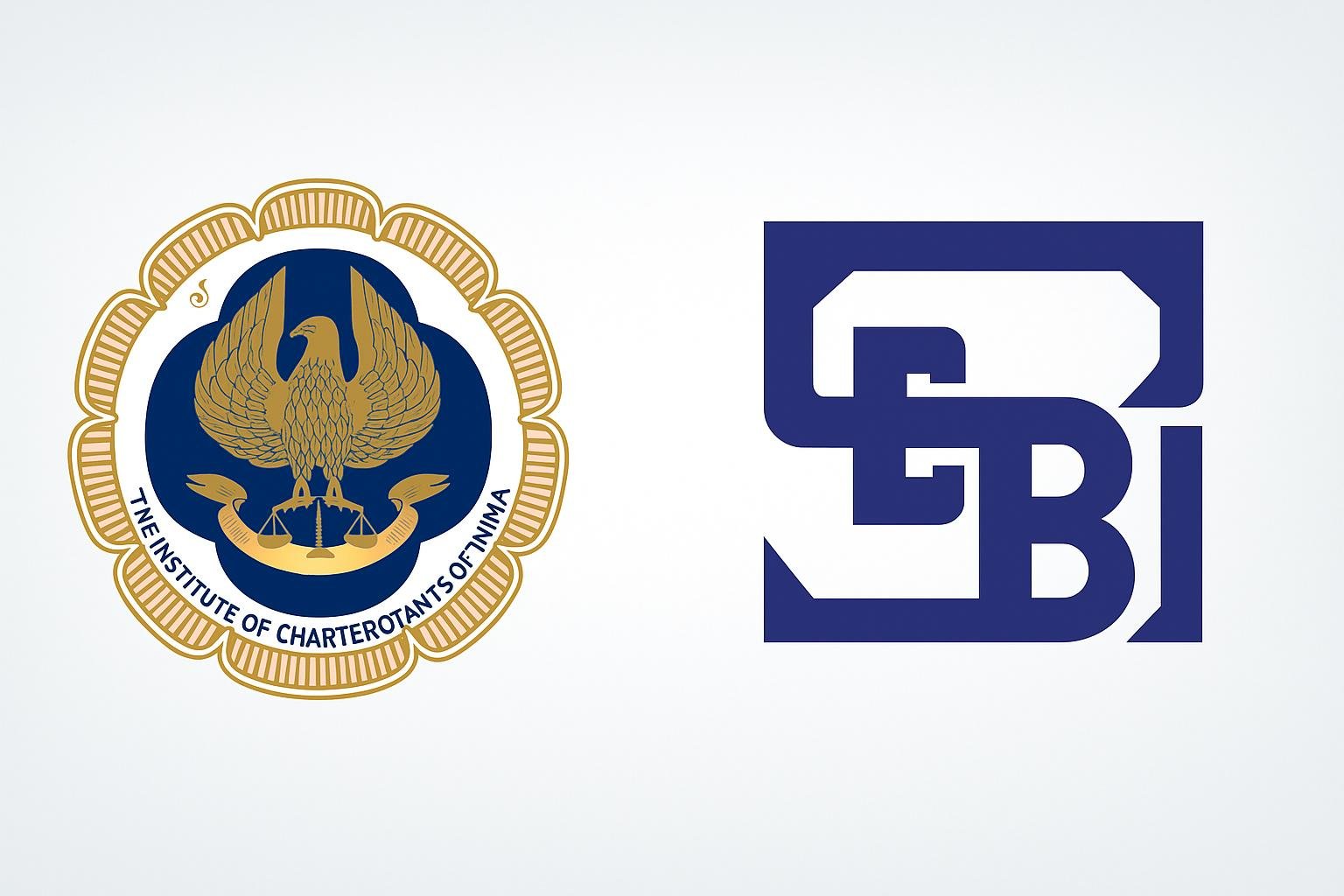In the wake of high-profile financial irregularities at IndusInd Bank and Gensol Engineering, India’s apex accounting body, the ICAI, has partnered with SEBI to tighten the noose on corporate fraud. The tie-up promises deeper scrutiny, collaborative oversight, and a long-term roadmap to restore investor confidence in India’s corporate governance ecosystem.
A Regulatory Alliance to Protect Investors
In a significant move to bolster corporate accountability and restore investor trust, the Institute of Chartered Accountants of India (ICAI) has announced a formal tie-up with the Securities and Exchange Board of India (SEBI)to tackle corporate fraud and financial misreporting.
The collaboration comes in the wake of recent financial irregularities at Gensol Engineering and IndusInd Bank, which have rattled market sentiment and raised questions about the effectiveness of current audit and disclosure mechanisms.
At a press briefing on Saturday, ICAI President Charanjot Singh Nanda revealed that a research group will be set upwithin the ICAI to prepare a comprehensive working paper identifying areas for meaningful cooperation with SEBI. “As the accounting regulator, ICAI has a responsibility to uphold the integrity of financial reporting. SEBI is keen to work with us to reduce fraud risks and foster a more secure investment climate,” Nanda said.
This strategic partnership aims to create a collaborative framework where SEBI and ICAI can jointly review company disclosures, audit reports, and emerging red flags in financial data.
Gensol Engineering Under the Scanner
The announcement follows a string of regulatory crackdowns. Gensol Engineering, along with its affiliate BluSmart Mobility, is under the scanner for alleged fund diversion and document forgery, as highlighted in SEBI’s interim order.
Responding to the order, the Financial Reporting Review Board (FRRB) of ICAI has initiated a detailed investigation into the firm’s financial statements and statutory auditors’ reports. According to ICAI, this process is a rigorous three-tier review, involving a forensic assessment of accounting treatments, auditor independence, and reporting discrepancies.
Nanda stated that the review is expected to take around six months, reflecting the seriousness with which the institute is approaching the case. Meanwhile, the Ministry of Corporate Affairs (MCA) has also taken cognizance of the matter and is independently reviewing SEBI’s findings.
The collaboration between ICAI and SEBI is expected to play a key role in this investigation and future enforcement actions.
ALSO READ: Call for Cyber Experts: Join FCRF Academy as Trainers and Course Creators
A Broader Governance Mission: From Fraud Detection to Election Economics
Beyond its regulatory collaboration, the ICAI is also playing an advisory role in public policy. President Nanda confirmed that the institute is currently engaged in evaluating the financial feasibility of the ‘One Nation, One Election’ proposal, a politically significant move being deliberated by the Indian government.
While details remain under wraps, ICAI’s involvement points to its increasing role in matters that transcend pure financial oversight and touch upon macroeconomic policy and public finance reform.
However, the primary focus remains on reforming corporate financial reporting. The ICAI-SEBI alliance is being viewed as a long-term initiative, with goals extending to strengthening auditor accountability, introducing joint surveillance tools, and deploying AI-enabled analytics to flag anomalies in real time.




